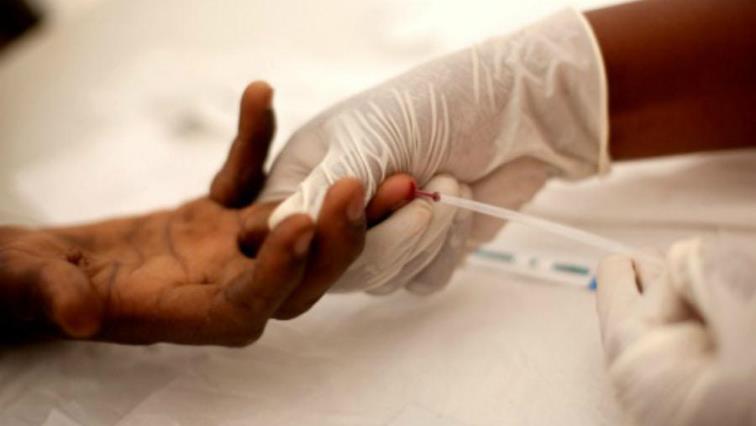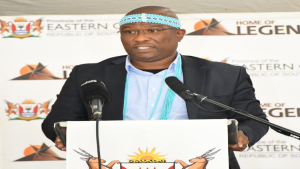The first South African study to look at HIV prevalence in transgender women was launched in East London on Wednesday.
The study by the Human Sciences Research Council (HSRC) will lead the first South African integrated biological and behavioural survey on HIV in transgender women.
It was initiated and supported by the United States Centers for Disease Control and Prevention (CDC) with funding from the President’s Emergency Plan for AIDS Relief (PEPFAR), and would be supported by various South African and international academic and civil society partners.
This study will be conducted in the Cape Town, Johannesburg, and the Buffalo City Metro in the Eastern Cape beginning later in January.
Global statistics show that transgender women are nearly 49 times more likely to be infected with HIV than other adults of reproductive age.
Despite this, there is currently very little information in South Africa about the specific HIV vulnerabilities of transgender women and HIV prevalence amongst transgender women also remains undocumented.
HSRC’s Deputy Chief Executive for Research, Professor Leickness Simbayi said they hope to contribute towards a deeper understanding of how HIV is affecting the transgender women population in South Africa.
“Transgender women have often been neglected in South Africa’s response to HIV. This study is therefore an important first step in ensuring that transgender women have a voice – both in terms of how HIV affects transgender women, but equally, about what can be done to help transgender women to protect themselves,” Simbayi said.
“Our public health campaigns must become more responsive if we are to impact decisively on combating HIV and AIDS.”
The study goes towards South Africa’s commitment to the UNAIDS global target to ensure that by 2020, 90% of all people living with HIV will know their HIV status, 90% of all people with diagnosed HIV infection will receive sustained anti-retroviral therapy, and 90% of all people receiving anti-retroviral therapy will have viral suppression.
South Africa has committed itself to reducing new infections of HIV by 60% from 270.000 in 2016 to less than 100 000 by 2022.






